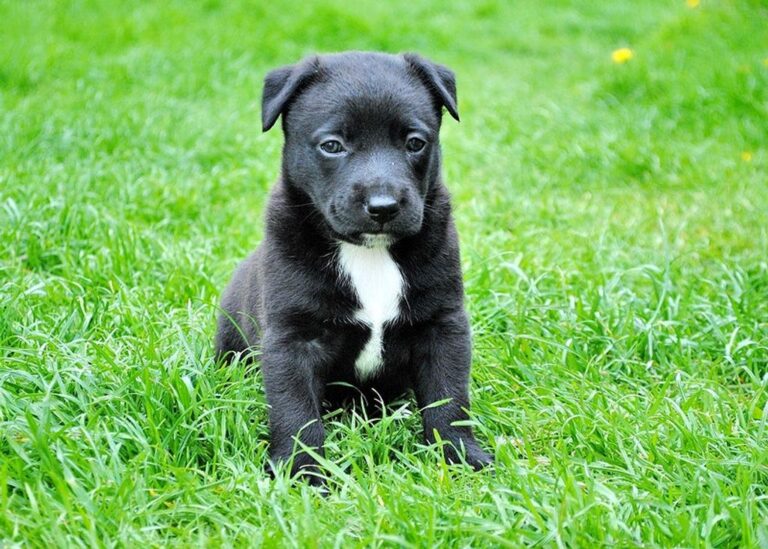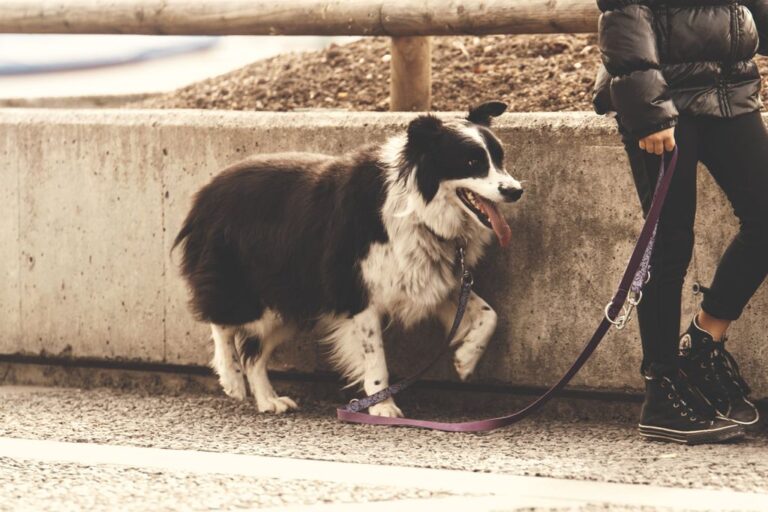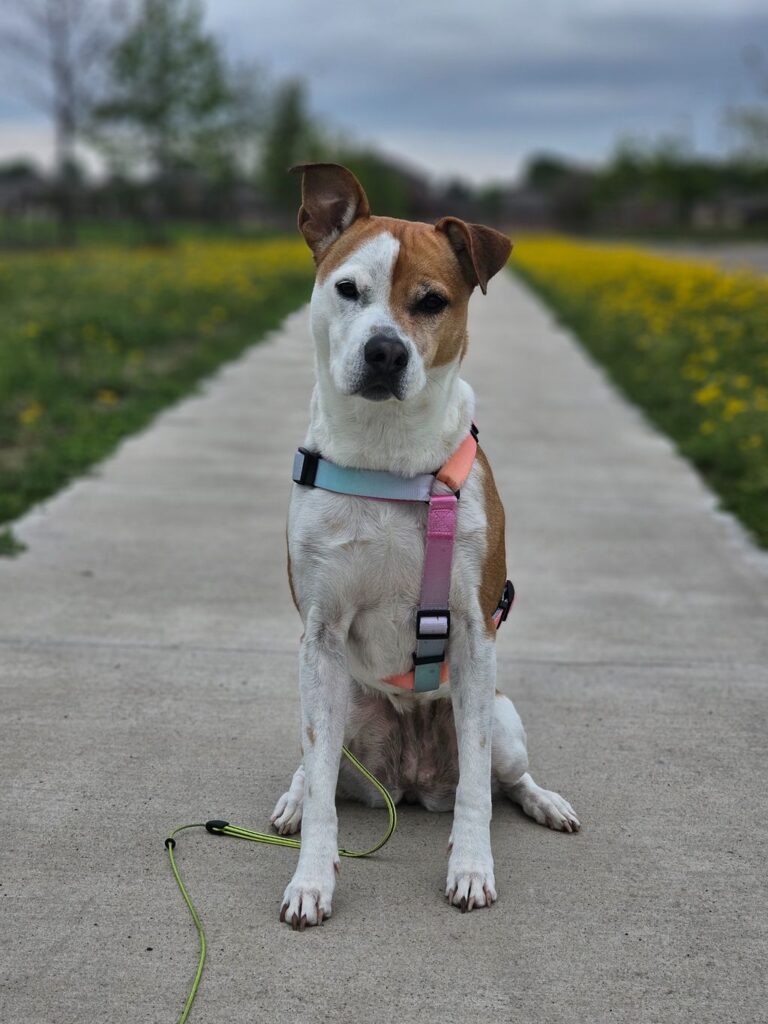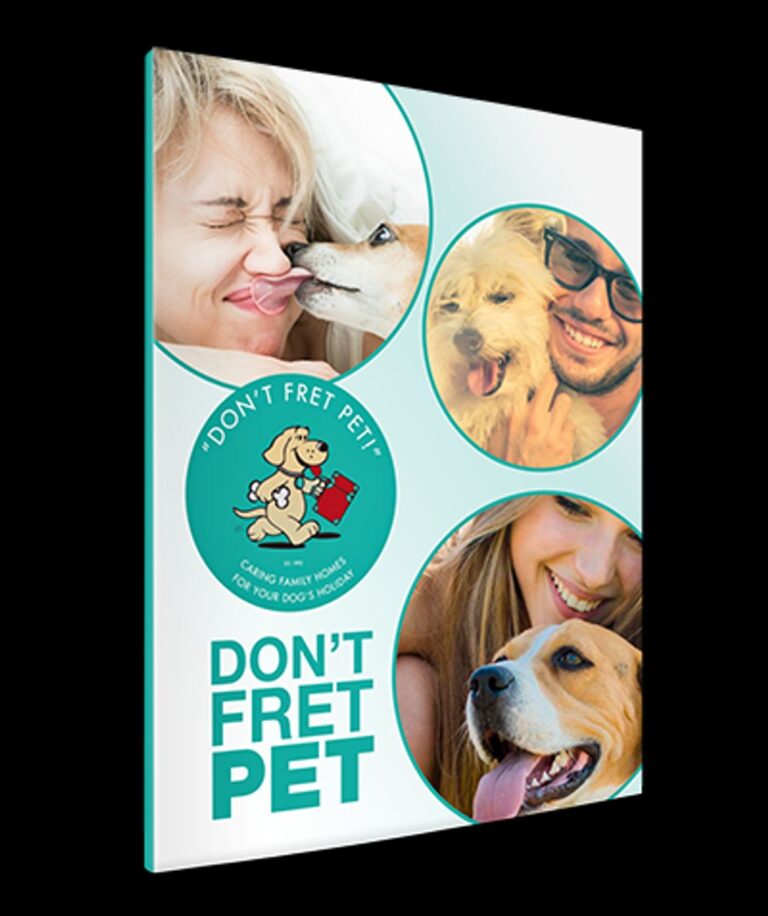How to help my dog grieve the loss of another pet?
Losing a pet can be a difficult time for both humans and their furry friends. Dogs, just like humans, can experience grief and sadness when they lose a companion. It is important for dog owners to understand their pet’s emotions and provide them with the support they need during this grieving process. In this article, we will explore ways to help your dog grieve the loss of another pet and provide them with comfort and care.
Key Takeaways
- Recognize signs of grief in your dog, such as changes in behavior or appetite.
- Acknowledge your dog’s emotions and provide them with love and support.
- Maintain routines and familiar surroundings to create a comforting environment.
- Offer extra love and attention to help your dog feel secure and loved.
- Use comforting scents and sounds, such as lavender or classical music, to soothe your dog.
Understanding your dog’s emotions

Recognizing signs of grief in dogs
When our furry friends experience pet loss, they may exhibit a range of emotions that can be challenging to understand. It’s important for us as pet owners to be attuned to their needs and provide the support they require during this difficult time. Dogs may display signs of grief in various ways, such as changes in appetite, sleep patterns, or behavior. They may become more withdrawn, lose interest in activities they once enjoyed, or even show signs of depression. By recognizing these signs, we can better empathize with our dogs and help them navigate through their grief.
The importance of acknowledging your dog’s emotions
When our furry friends are going through a tough time, it’s crucial that we acknowledge their emotions and provide them with the support they need. Dogs, just like humans, experience a range of emotions, including grief. Understanding their feelings and validating them is essential in helping them navigate through this difficult period.
Creating a comforting environment

Maintaining routines and familiar surroundings
When it comes to helping our furry friends through the grieving process, maintaining routines and familiar surroundings is key. Dogs are creatures of habit, and sudden changes in their environment can add to their stress and confusion. By sticking to their regular schedule and keeping their surroundings familiar, we can provide them with a sense of stability and comfort during this difficult time.
Providing extra love and attention
When a dog is grieving the loss of another pet, it’s important to provide them with extra love and attention. They may be feeling lonely and confused, and showing them that they are still loved can help ease their pain. Spending quality time with your dog, giving them cuddles and affection, and engaging in activities they enjoy can all help them feel comforted and supported during this difficult time.
Using comforting scents and sounds
When it comes to helping our furry friends cope with the loss of another pet, comforting scents and sounds can play a crucial role. Dogs have a keen sense of smell, so introducing familiar scents can provide them with a sense of comfort and security. Consider using lavender or chamomile scented products, as these are known for their calming properties. Additionally, playing soft and soothing music can help create a peaceful atmosphere for your grieving dog.
Helping your dog through the grieving process

Allowing your dog to express their emotions
When our furry friends experience loss, it’s important to give them the space and time to remember and mourn their companion. Dogs have their own unique ways of expressing their emotions, and it’s crucial that we allow them to do so. One way to support your dog during this time is by creating a safe and quiet space where they can retreat and process their feelings. This could be a cozy corner with their favorite blanket or a quiet room where they can have some alone time. It’s also important to be patient and understanding, as each dog may grieve in their own way and at their own pace.
Engaging in activities to distract and uplift their mood
When our furry friends are feeling down, it’s important to find ways to help them feel better. One way we can do this is by engaging in activities that distract and uplift their mood. By providing them with fun and stimulating tasks, we can help take their mind off their grief and bring some joy back into their lives. Whether it’s playing their favorite game, going for a walk in the park, or trying out a new toy, these activities can provide a much-needed distraction and help them start to heal.
Seeking professional help if needed
If you find that your dog is struggling to cope with the loss of their furry friend, it may be beneficial to seek professional help. A trained veterinarian or animal behaviorist can provide guidance and support during this difficult time. They can help you understand your dog’s emotions and provide strategies to help them through the grieving process. Professional help can also be useful if your dog’s grief is affecting their physical and mental well-being. Remember, it’s important to prioritize your dog’s health and happiness during this time.
Supporting your dog’s physical and mental well-being

Ensuring a healthy diet and regular exercise
When it comes to taking care of our furry friends, diet and exercise play a crucial role in their overall well-being. Providing a balanced and nutritious diet is essential for their physical health, while regular exercise helps to keep them mentally stimulated and physically fit. Cheer up a sad dog by incorporating these important elements into their daily routine. Here are a few tips to ensure your dog’s diet and exercise needs are met:
- Feed them a high-quality dog food that meets their specific nutritional requirements.
- Avoid overfeeding and monitor their weight to prevent obesity.
- Incorporate regular exercise sessions into their daily routine, such as walks, playtime, or interactive games.
Remember, a healthy diet and regular exercise not only contribute to your dog’s physical well-being but also have a positive impact on their emotional state. By providing them with the right nutrition and opportunities for physical activity, you can help them maintain a happy and balanced life.
Engaging in interactive play and mental stimulation
Engaging in interactive play and mental stimulation is crucial for our dog’s well-being. It helps to keep them active, entertained, and mentally sharp. By providing them with stimulating activities, we can ease their grief and help them cope with the loss of their companion.
Considering the addition of a new companion
When it comes to dogs, introducing a new companion can be a great way to help them through the grieving process. Having another furry friend around can provide comfort and companionship, easing their loneliness. However, it’s important to approach this decision with caution and consideration for your dog’s individual needs and preferences.
Conclusion
Helping your dog grieve the loss of another pet can be a challenging and emotional process. It is important to understand and acknowledge your dog’s emotions, create a comforting environment, and provide support for their physical and mental well-being. By allowing your dog to express their emotions, engaging in activities to uplift their mood, and seeking professional help if needed, you can help them through the grieving process. Remember to maintain routines, provide extra love and attention, and consider the addition of a new companion. With time, patience, and lots of love, your dog will be able to heal and find comfort in their own unique way.
Frequently Asked Questions
How long will my dog grieve the loss of another pet?
The grieving process can vary for each dog. It may take weeks to several months for a dog to fully adjust to the loss. It’s important to be patient and provide support during this time.
Should I get another pet immediately to help my dog cope with the loss?
Getting another pet immediately may not be the best solution for every dog. Some dogs may benefit from having a new companion, while others may need more time to grieve and adjust. It’s important to consider your dog’s individual needs and consult with a professional if unsure.
How can I tell if my dog is grieving?
Signs of grief in dogs can include changes in appetite, sleep patterns, behavior, and energy levels. They may also show signs of sadness, withdrawal, or searching for the lost pet. If you notice any significant changes in your dog’s behavior, it’s important to consult with a veterinarian.
Can I comfort my dog during the grieving process?
Yes, you can comfort your dog during the grieving process. Provide extra love, attention, and reassurance. Maintain routines and familiar surroundings to help them feel secure. Use comforting scents and sounds, such as lavender or calming music, to create a soothing environment.
Should I allow my dog to see the deceased pet?
Allowing your dog to see the deceased pet can help them understand and accept the loss. However, it’s important to assess your dog’s emotional state and consult with a professional before making this decision. Some dogs may find it distressing, while others may find closure.
When should I seek professional help for my dog’s grief?
If your dog’s grief is significantly impacting their daily life, lasting for an extended period, or if you’re unsure how to best support them, it’s recommended to seek professional help. A veterinarian or animal behaviorist can provide guidance and support tailored to your dog’s needs.






